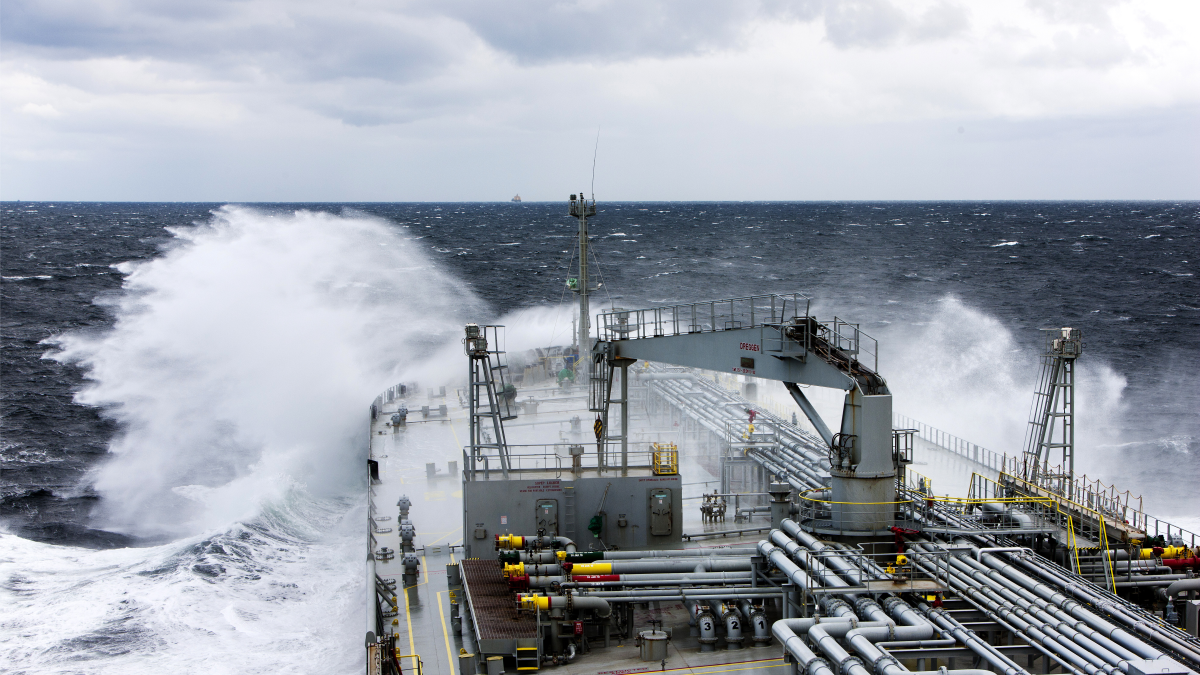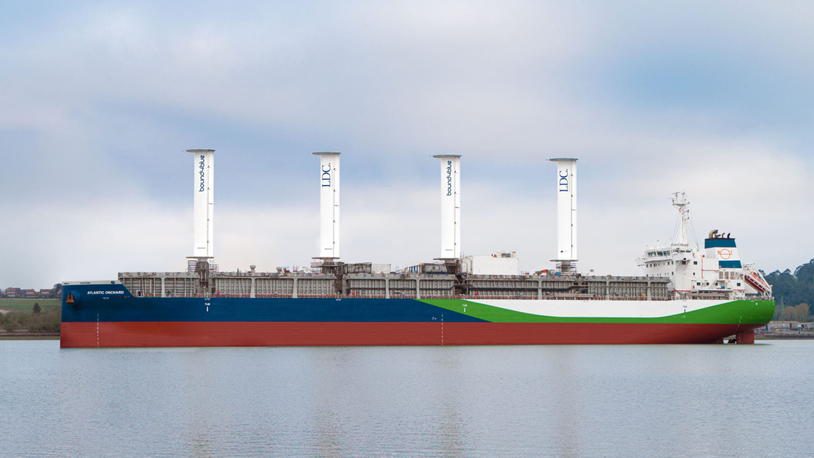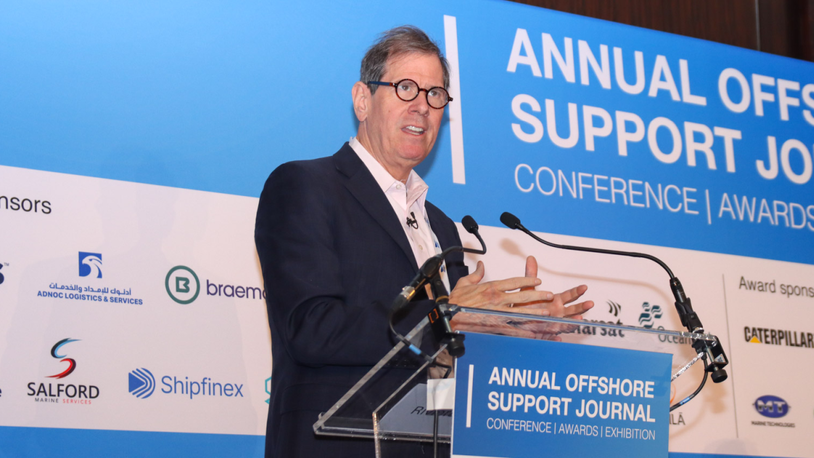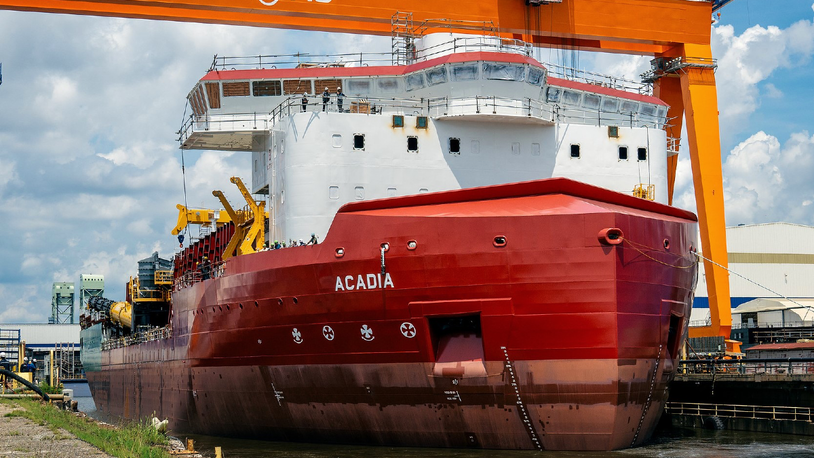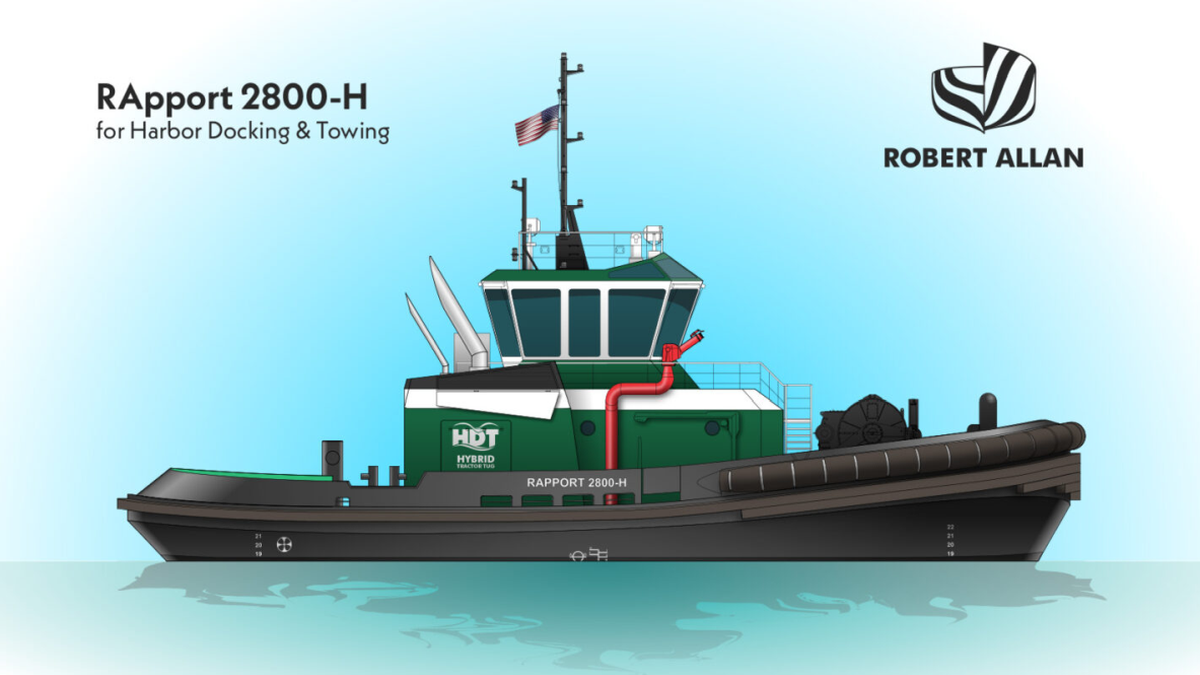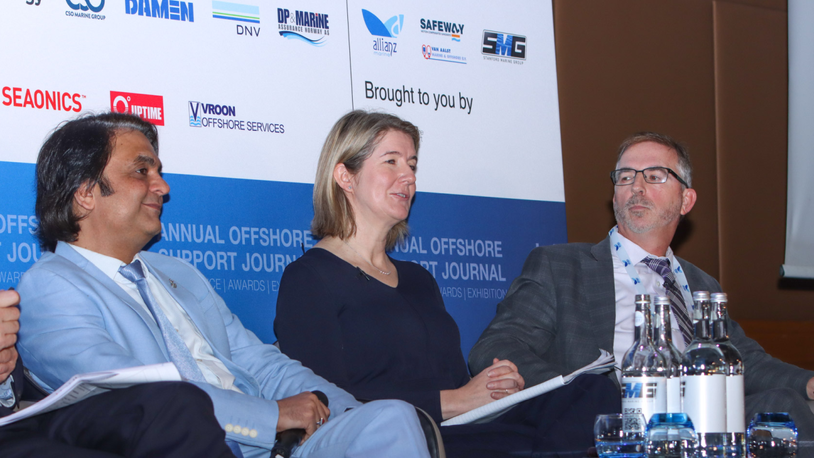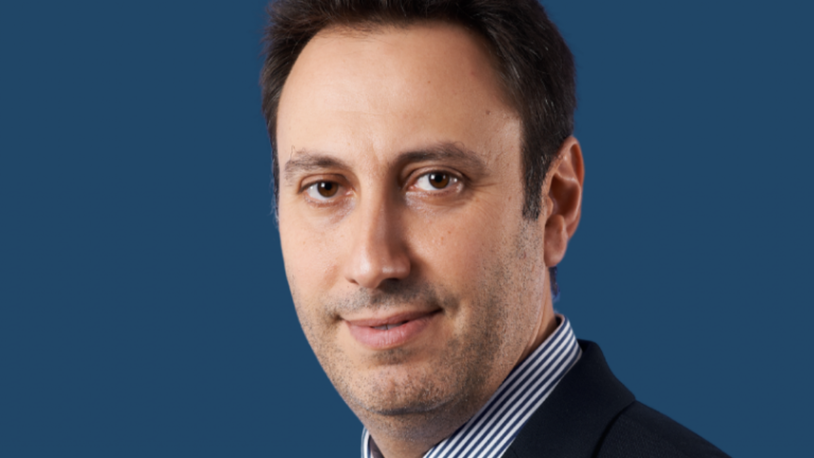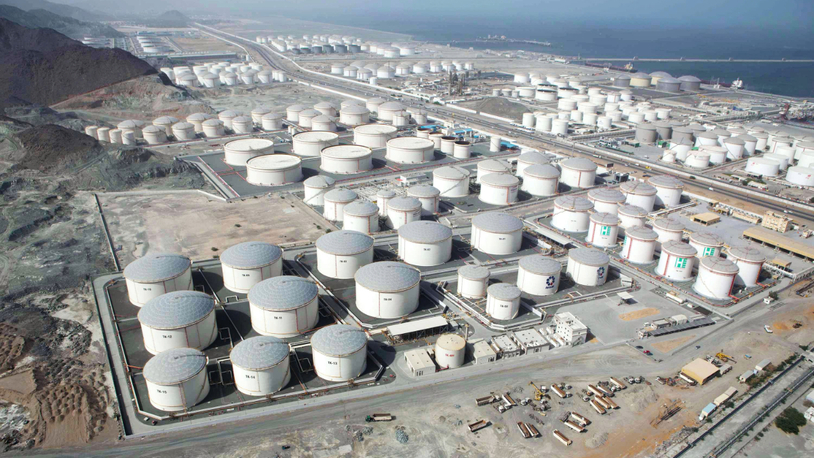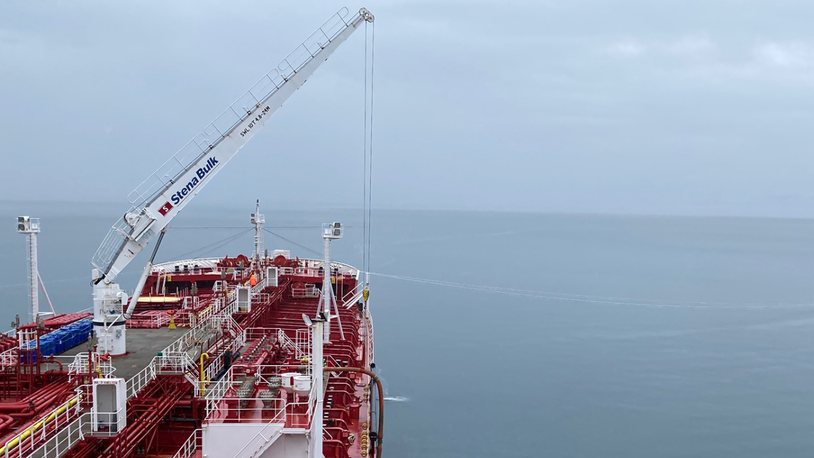Business Sectors
Events
Contents
What chemical and product tanker owners want in 2025
Chemical and product tanker owners identify decarbonisation, regulation, costs and workforce training as top priorities for 2025
As the chemical and product tanker industry braces for another year of economic, regulatory and technological challenges, tanker owners and operators are clear about their priorities for 2025.
Industry feedback* highlights a need for innovation, collaboration and proactive strategies to navigate the changing landscape.
Here is what tanker owners are asking for in 2025:
Decarbonisation solutions that work
Tanker owners are demanding clear pathways to meet decarbonisation goals without compromising operational efficiency. A significant portion of the industry is exploring alternative fuels such as LNG and methanol, but questions remain about their scalability and infrastructure readiness.
One owner remarked, “We need a huge amount of power to create green fuels. Is there any other solution except nuclear?”
Concerns over biofuels’ ethical challenges and availability are also surfacing, with owners pressing for practical alternatives.
Charterer involvement is a key issue, as many owners are calling for shared responsibilities in the transition to cleaner energy.
Collaboration and innovation are seen as vital to overcoming these hurdles.
A fair and affordable shipbuilding market
With shipyard costs escalating and capacity tightening, chemical and product tanker owners are seeking solutions to counterbalance these pressures. Nearly one-quarter of the industry has flagged rising newbuild prices and limited yard slots as critical issues.
Shipyards are planning to further increase their prices. "How are you expecting the costs to be reduced?" one respondent asked.
Many owners are advocating for regional diversification, particularly in Europe and the Middle East, to reduce dependence on Asia’s dominant shipyards.
Exploring collaborative supply chain models and innovative contracting mechanisms could offer relief to operators facing financial strain.
Clear and harmonised regulations
The regulatory landscape remains one of the chemical and product tanker industry’s biggest headaches. Owners are struggling to align with regional and global emissions standards, such as the EU Emissions Trading System (ETS) and IMO greenhouse gas (GHG) reduction measures.
"How does the IMO’s GHG reduction strategy align with regional measures like the EU ETS and FuelEU Maritime?" one owner queried in the poll.
Mid-term measures, set to take effect in 2027, are another pressing concern, particularly for operators of smaller fleets who may be unprepared for compliance requirements.
Chemical and product tanker owners expressed the need for clarity and practical guidance to navigate this complex regulatory maze.
Technological advancements for efficiency
Innovation is a priority for owners looking to improve operational efficiency and reduce costs.
The role of data analytics and artificial intelligence (AI) in fleet optimisation and emissions tracking is increasingly seen as essential. However, adoption remains uneven, with many calling for clearer use cases and industrywide support.
Tank cleaning technologies were also flagged as an area needing attention, particularly in light of charterer resistance to adopting more sustainable practices.
One respondent asked, "If the science is as compelling as you suggest, what are the charterers’ justifications for their continued insistence on wall wash requirements?"
A workforce ready for change
As alternative fuels gain traction, chemical and product tanker owners are highlighting the urgent need for workforce training. Ensuring seafarers are equipped to operate vessels using LNG, methanol and other new technologies is seen as a critical step toward meeting decarbonisation goals.
"What targets should be set for the proportion of seafarers trained on these fuels by 2030?" one industry participant asked.
Owners are also advocating for the integration of alternative fuel training into global standards like the STCW Convention, ensuring a consistent approach to workforce development across the industry.
Collaboration with charterers
The relationship between owners and charterers is under strain as the chemical and product tanker industry transitions to more sustainable practices. Owners want charterers to share in the costs of decarbonisation and to adopt flexible standards for operational changes like tank cleaning.
Unified guidelines and shared incentives are viewed as essential to building stronger partnerships.
What’s next?
As the industry moves forward, chemical and product tanker owners are clear: they want practical, collaborative solutions to tackle the challenges of decarbonisation, regulatory compliance and rising costs.
The year ahead will require innovative strategies and unified efforts across the supply chain to ensure the industry remains competitive and sustainable.
These insights underscore a need for continued dialogue, industrywide collaboration and a willingness to adapt to evolving demands.
The future of chemical and product tankers depends on how effectively the industry addresses these shared priorities in 2025 and beyond.
*The poll was conducted anonymously throughout the 2024 International Chemical & Product Tankers Conference.
Related to this Story
Events
Maritime Regulations Webinar Week
Floating energy: successfully unlocking stranded gas using FLNGs and FSRUs
© 2024 Riviera Maritime Media Ltd.

